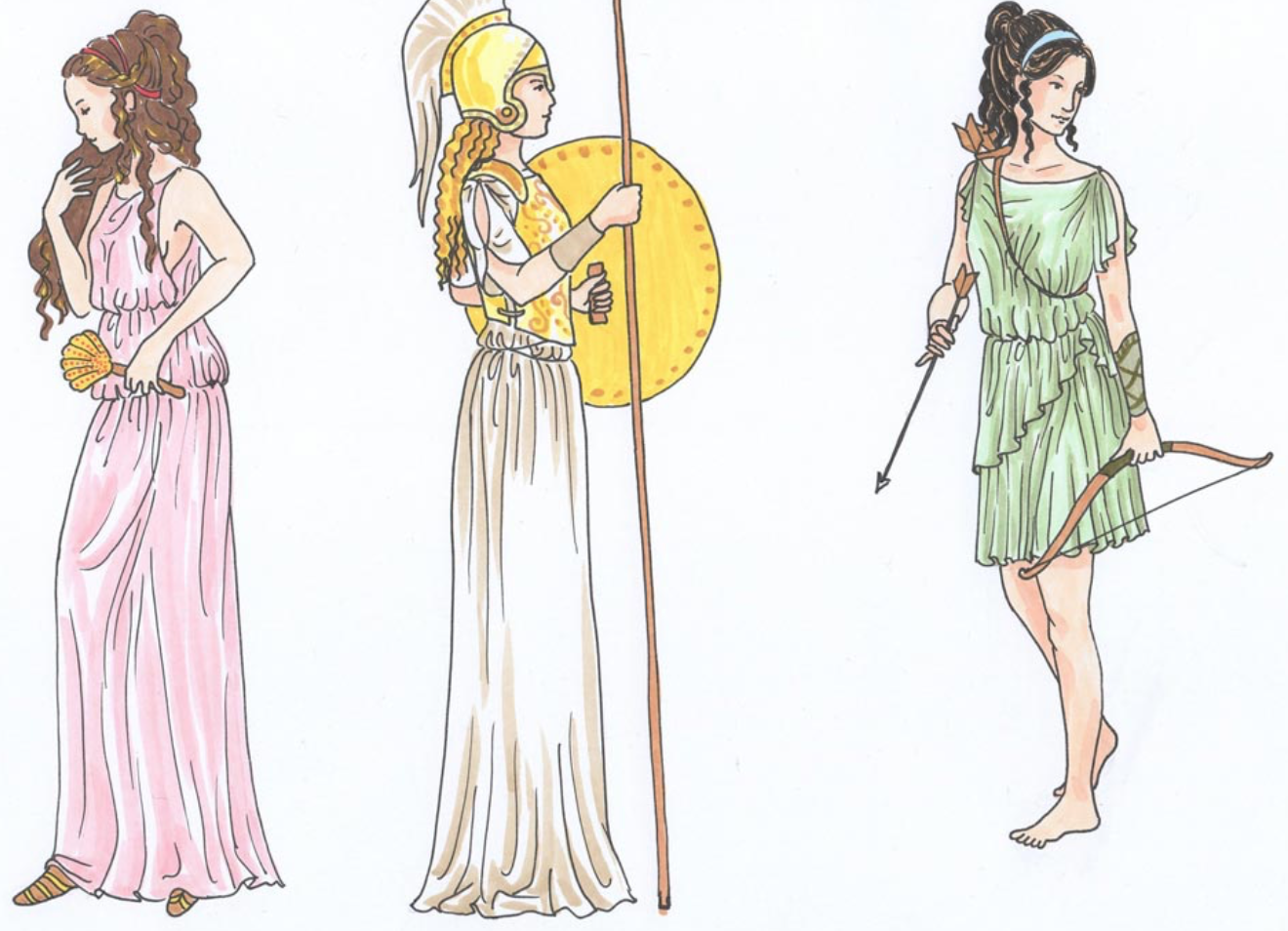28 June, 2018
Fertility Goddesses. Aphrodite

Aphrodite, Greek goddess of love, sex and fertility …
The goddess Aphrodite, symbolizes the fertility of the human being in a world like antiquity, in which sexual relations were not considered as something sinful or negative, the sphere of influence of the goddess Aphrodite was wide and varied, which explains the great attention received, from the development of its myths to the appearance of all kinds of cults throughout the Mediterranean.
HC Fertility Marbella tells you her story.
Aphrodite had no childhood, but was born as an adult.
The myth of the origin of Aphrodite is related to her own name. The Greek term aphrós means foam, the most well-known and popular story suggests that the goddess of love was born from the foam of the sea, when Cronos (god of time) cut the genital organs of his father, Uranus (god of the sky), and threw them into the sea, on the island of Cyprus.
Around the sexual organ a white foam was formed which, in contact with the water of the sea, gave rise to the goddess Aphrodite, goddess of love and fertility, who was born as a pearl in the shell of an oyster.
All the ancient writers agree that Aphrodite had no childhood, but was born as an adult, with her physical forms mature and ready to be desirable by all mortals and immortals.
Lovers of the goddess Aphrodite.
Despite being considered the goddess of love and sexuality, Aphrodite was considered a very vindictive and irascible deity.
The goddess’s relationships were always surrounded by crises and conflicts. The goddess of love was married to Hephaestus, the god of fire, but had several lovers, between gods and mortals. Consequently, Aphrodite also had many children from those relationships.
Hephaestus was an ugly god and unappreciated by women. By marrying Aphrodite he gave her a gold belt that had magical powers, so she could defend herself against the siege of the gods.
But Aphrodite used the magical powers to attract various lovers, both gods and mortals, but Aphrodite’s favorite lover was Ares, with whom she had several children.

The myth of Aphrodite and Adonis.
The myth tells that Mirra, daughter of the king of Cyprus, was so beautiful that they affirmed that she was as beautiful as Aphrodite herself. In punishment for this insolence, the goddess caused the young woman to ignite an irrepressible passion towards her own father.
Aphrodite, made Mirra pose as a prostitute and, in this way, managed to seduce her father. Irritated to discover his daughter’s betrayal, the king planned to condemn her to death, but before that, Mirra flees and gets lost in the world.
With the young woman’s grief, the gods resolve to transform her into a tree, but what was not known was that the young woman had become pregnant with her father.
Nine months later, the tree of Mirra was opened and from it came a child of extraordinary beauty, who was raised by the nymphs and received the name of Adonis.
Aphrodite, deceived by the beauty of the child, decided to pick it up and entrust it to Persephone (goddess of the underworld) to take care of it, but Persephone also loved the child and did not want to return it to Aphrodite. To resolve the dispute between the goddesses it was necessary the intervention of Zeus, who decided that Adonis would live a third of the year with Aphrodite, another with Persephone and the last one where he wished. The result was that Adonis spent two thirds of the year with Aphrodite and only one with Persephone. Finally, a boar sent by Ares, who was the lover of Aphrodite, killed the young man during a hunt.
In Psychology, Adonis was used to name a complex, where the desire of young people and of male adults to maintain a perfect body becomes an obsession.
Sources: wemystic/ portalmitologia

Back to blog
In other news

9 June, 2020
Egg donation offers a high success rate
Egg donation is an assisted reproduction treatment that offers a high success rate. According to dat...
[Continue reading ]30 January, 2017
Can I choose my own egg donor?
And what are the screening tests for a donor? ...
[Continue reading ]


